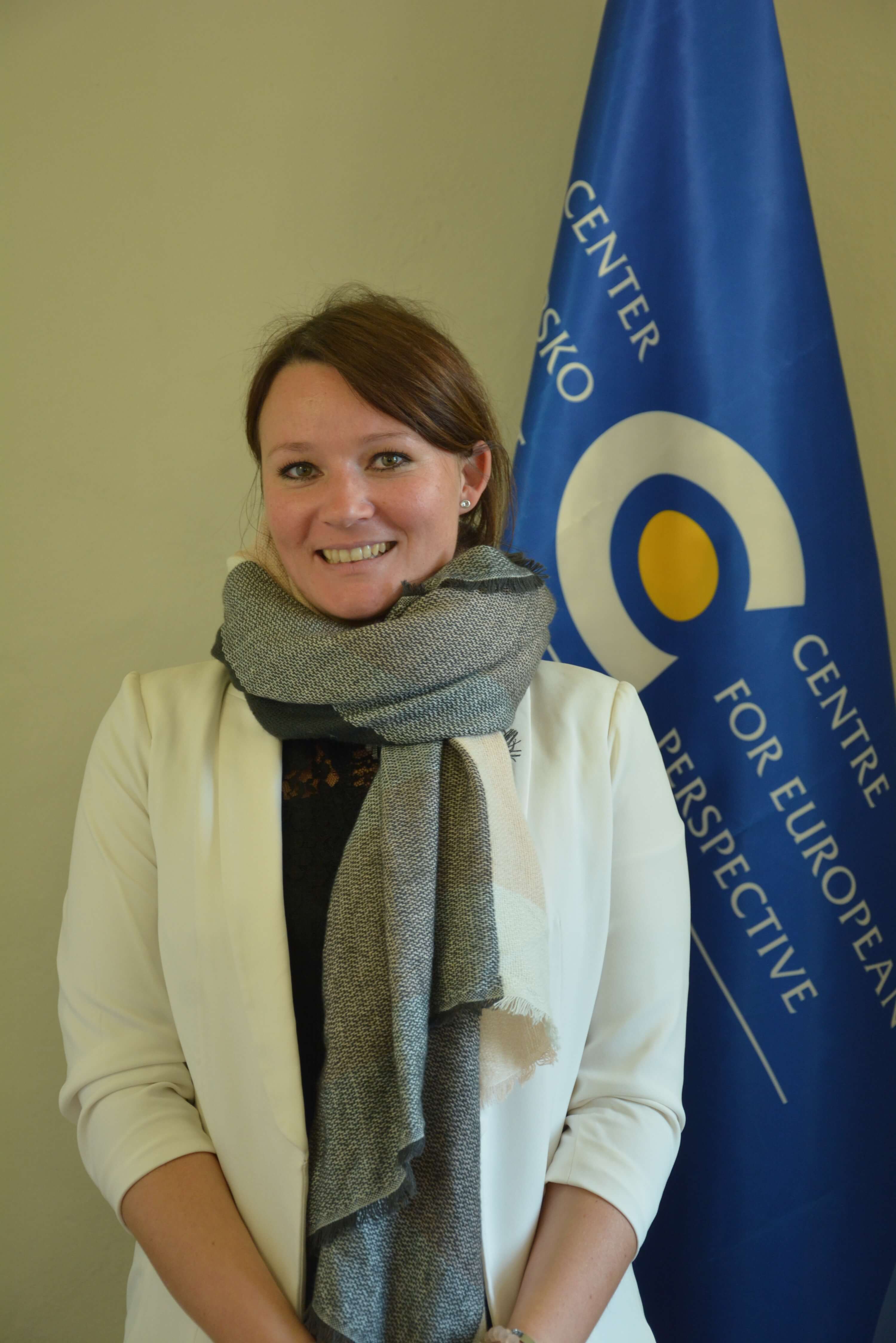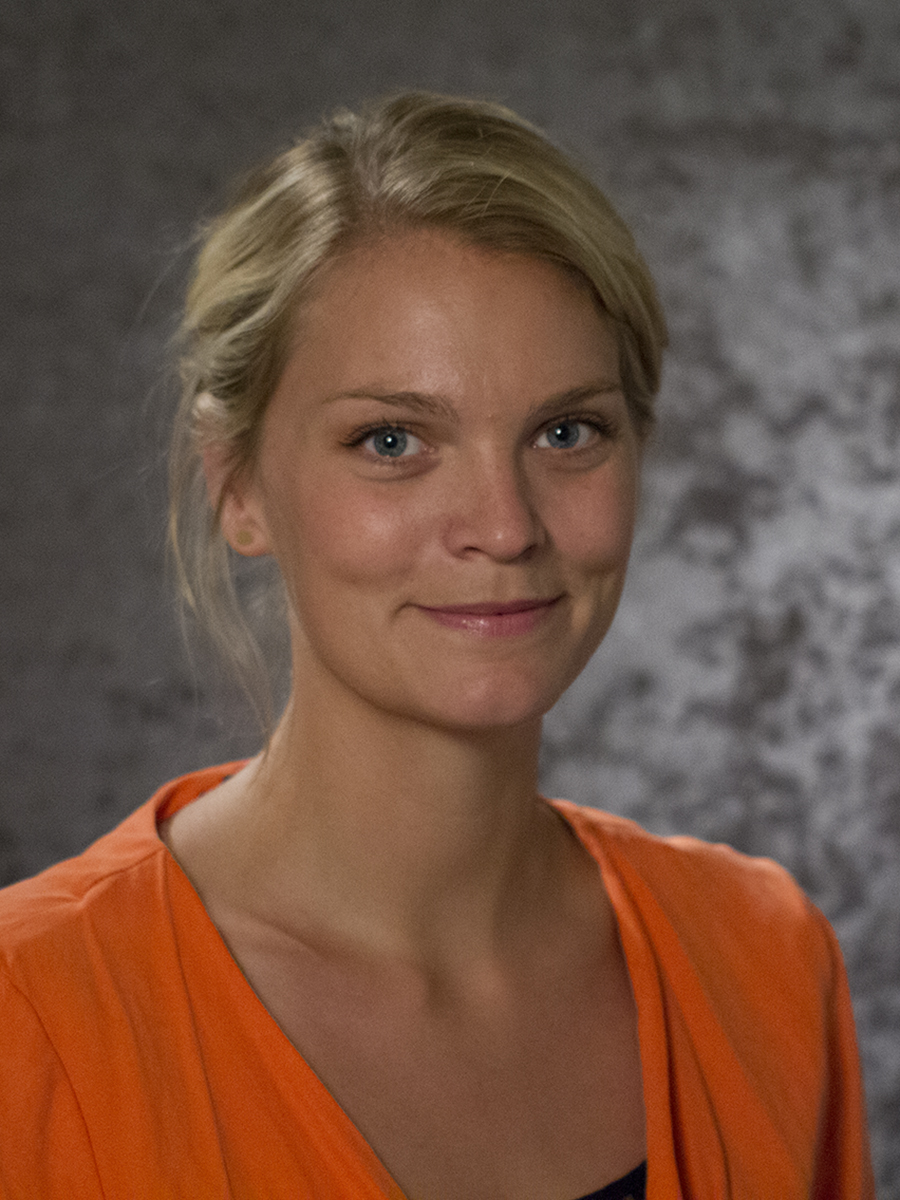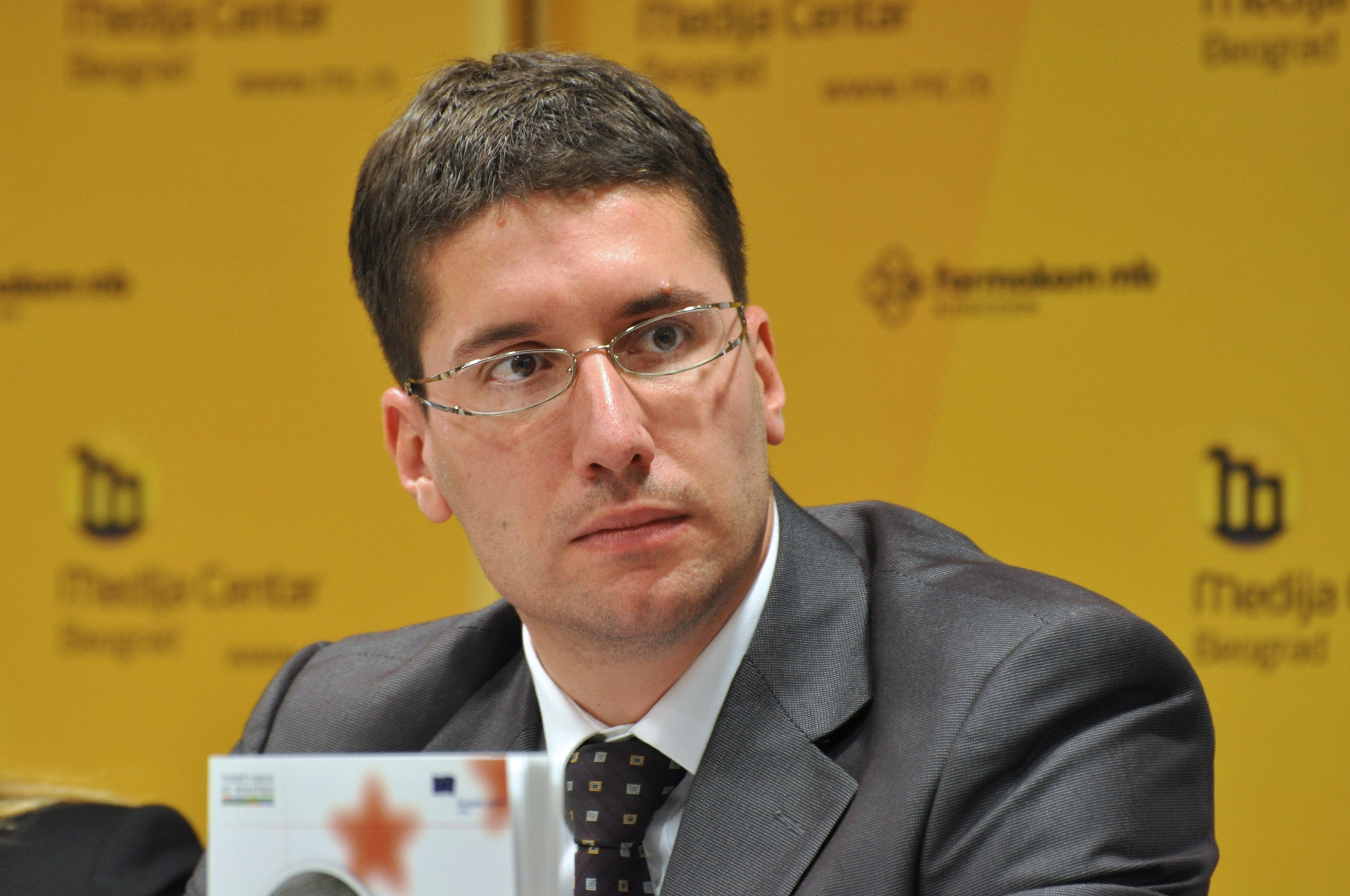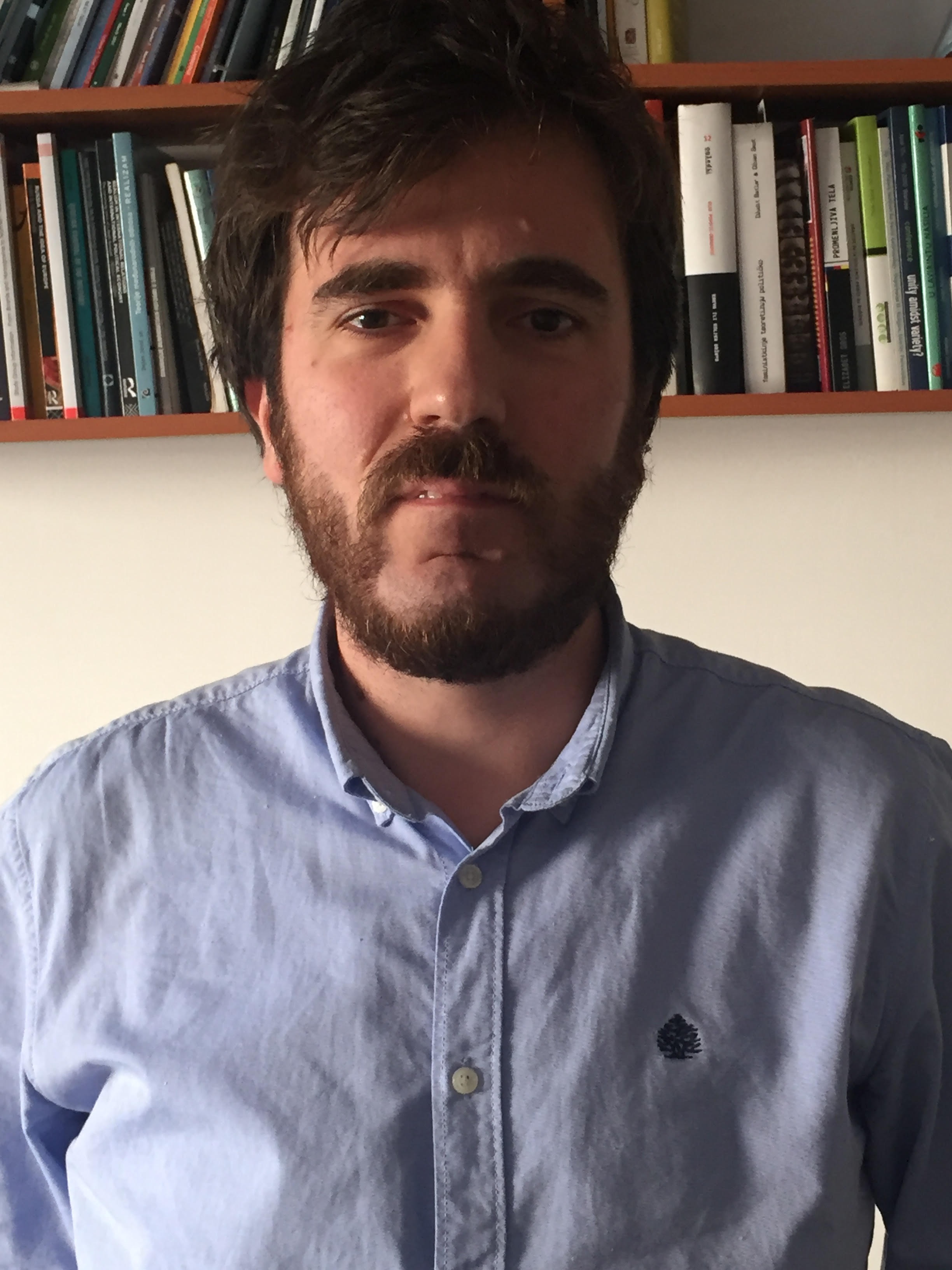Academic Panel 3: The EU as a Crisis Management Actor: CSDP in the Neighbourhood
The Academic Panel 3 will analyse the EU missions in Kosovo, Bosnia and Herzegovina, Somalia, and the Occupied Palestinian Territories, in order to discuss the issues of local ownership in peacekeeping missions, planning capacity of CSDP missions, missing elements in the EU missions, as well as how the EU missions might aid and abet authoritarianism.
Abstracts:
Local Ownership as International Governmentality: Evidence from the EU Mission in the Horn of Africa
While some Foucault-inspired studies construe local ownership in international interventions as a form of liberal governmentality that aims to govern through freedom, others lambast it as an illiberal governmentality that is likely to be resisted because it undermines local autonomy. However, we still do not know what is the rationality behind local ownership, how it is being operationalized, and why a principle that aims to govern through freedom ends up curtailing it. I argue that local ownership, echoing the colonial principle of indirect rule, is driven by the rationality of advanced democracies on how best to govern global insecurities at a distance. Consequently, ownership is operationalized as responsibilization for externally designed objectives. This often gives rise to local resistance which undermines international efforts to achieve ownership. I illustrate my arguments with evidence from the EU Mission on Regional Maritime Capacity Building in the Horn of Africa (EUCAP Nestor).
Keywords: local ownership, peacebuilding, interventions, responsibilisation, resistance, CSDP
Author: Filip Ejdus, University of Bristol
Evaluating Planning Capacity of CSDP Missions: the Case of EULEX Kosovo and EUFOR Althea
This paper evaluates the planning capacity of two CSDP missions (EULEX Kosovo and EUFOR Althea) in order to present a catalogue of lessons learnt and identify best practices in CSDP planning process. The findings list that both missions suffer because CSDP is low on political agendas of EU member states, there are too many partial interests within EU member states hampering effective planning, decision making in CSDP is generally too long, ‘Brussels’ lacks proper situational awareness on the ground, clearly set goals and exit strategy are missing and the EU does not have an overall preferred strategy for both countries. There are at least four phases led by four different bodies in the case of EULEX planning process but there is a well elaborated analysis and lessons learned process, only the implementation of the findings on the operational level is rather weak. The planning capacity of EUFOR Althea profited greatly from the access to NATO planning assets, structures, and capabilities under Berlin Plus, along with infrastructure on the ground, provided by SFOR. In principle, a clear military command structure, a solid reporting system, and the availability of NATO assets provide a very good basis for real-time situational awareness. The paper draws from the interviews conducted in Kosovo in 2016 in the framework of a H2020 project ‘Improving the Effectiveness of Capabilities in EU Conflict Prevention – IECEU’.
Author: Ivana Boštjančič Pulko, Centre for European Perspective
EU Conflict Prevention and Peacebuilding in the Western Balkans and Horn of Africa: What is Missing?
This paper presents a comparative study focused on what the EU has done (or not) so far, and which capabilities it has developed and applied to conflict prevention and peacebuilding in the Western Balkans and Horn of Africa. The purpose hereof is to identify what can be improved in the future. The composition of the paper is as follows. The introduction provides an analytical framework, reflecting three key research objectives:
-
To examine the EU’s efforts so far in conflict prevention and peacebuilding in both regions;
-
To synthesise lessons and best practices from these past initiatives in the field;
-
To appraise whether the EU has the necessary capabilities to achieve its own expectations (and those of others) in conflict prevention and peacebuilding and to identify what is missing.
Accordingly, the paper first gives a historical review of CSDP missions and operations in both regions. Then it takes a closer look at on-going EU activities on the ground. Hereafter regional conflict analyses anno 2017 are presented for the Western Balkans and Horn of Africa, respectively. Finally, the conclusion discusses the EU’s developing civilian capabilities for sustainable peace in and beyond these two regions.
Author: Annemarie Peen Rodt, Institute for Strategy, Royal Danish Defence College et al.
The EUPOL COPPS Operations in Palestine: Aiding and Abetting Authoritarianism?
The European Union Coordinating Office for Palestinian Police Support (EUPOL COPPS) became an influential European player and payer in the post-2007 security sector reform process and state-building project of the Palestinian Authority. The EUPOL COPPS coordinates external donor assistance to the Palestinian Civil Police to build efficient, transparent, accountable, and operational Palestinian police institutions within a sound legal framework, and supports the development of a sustainable criminal justice sector. This paper aims to use the operations of the EUPOL COPPS as a lens to assess the role of the EU in impacting the trajectories of the Palestinian-Israeli conflict over the last decade. It will look at the technical and political ramifications of this EU intervention and problematise it to explain why the proclaimed technical successes of the EUPOL COPPS failed to support democratic governance or improve civil oversight and accountability. This paper will argue that essentially, by promoting rule of law in an authoritarian context, the EUPOL COPPS contributed to the professionalization of the authoritarian practices by (ab)using a good governance framework. It also abused its technical mandate to evade from the highly political actions resulted from its operations and interventions; the security collaboration between Israel and the PA is a case in point.
Author: Alaa Tartir, Geneva Centre for Security Policy






